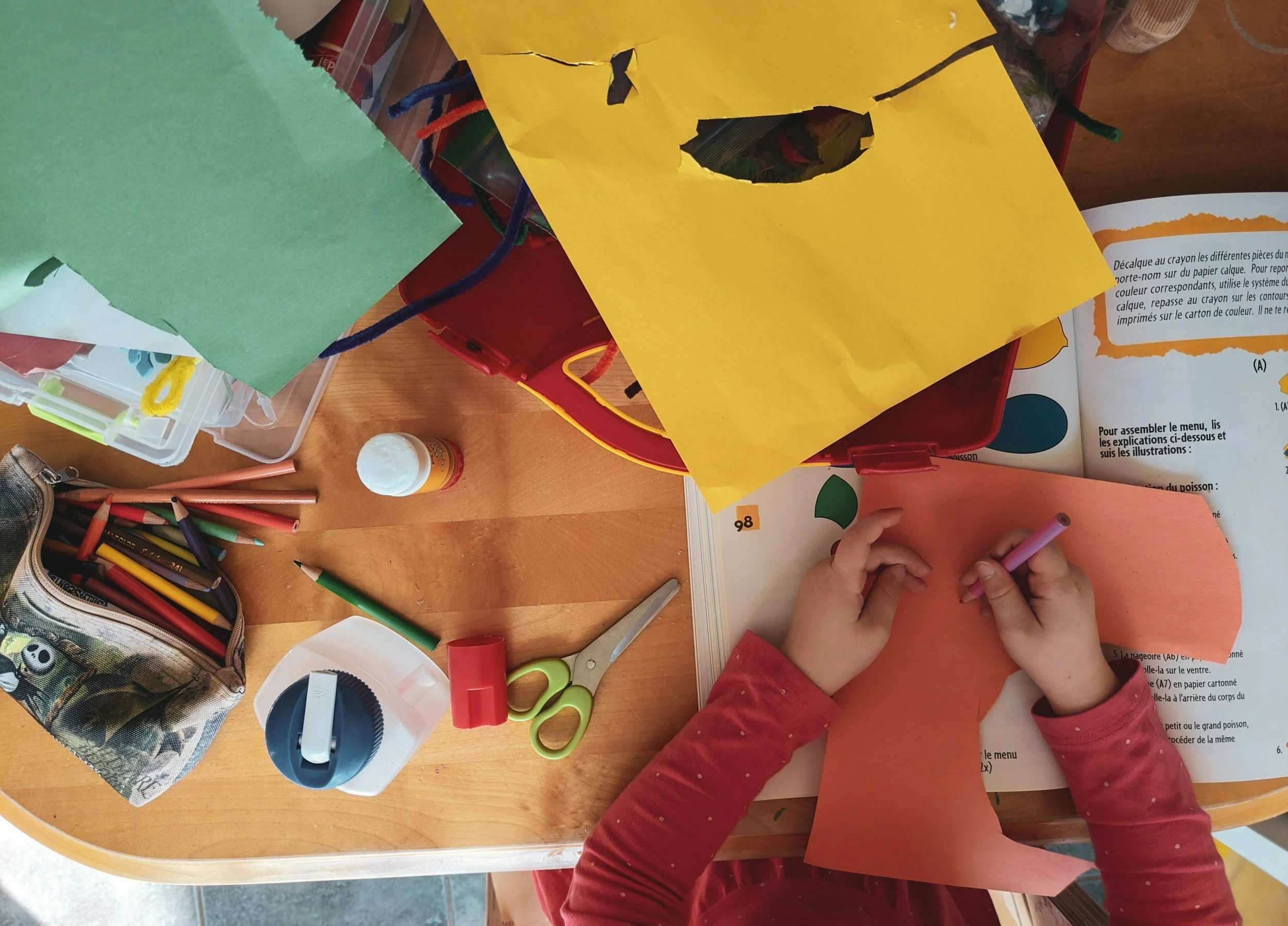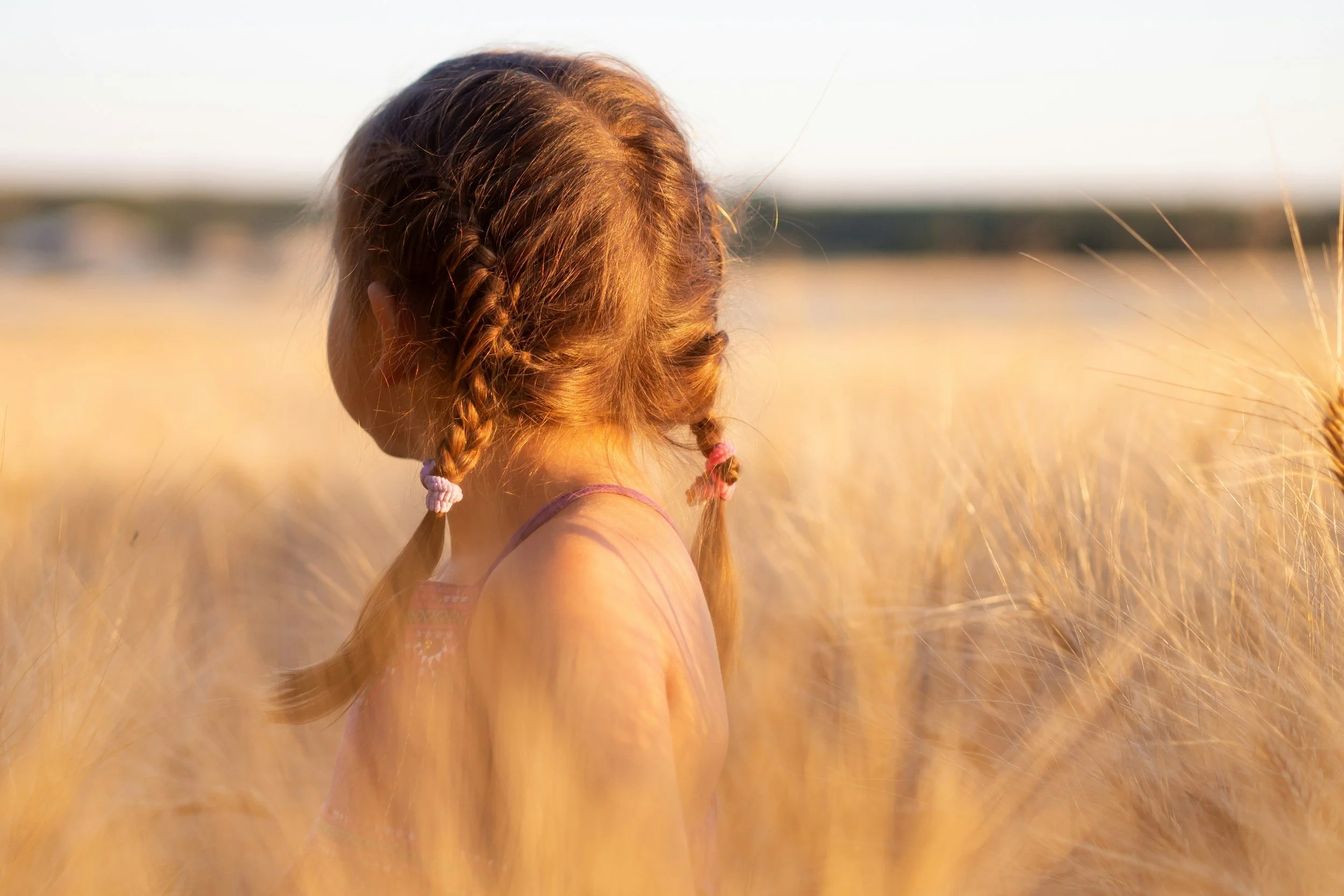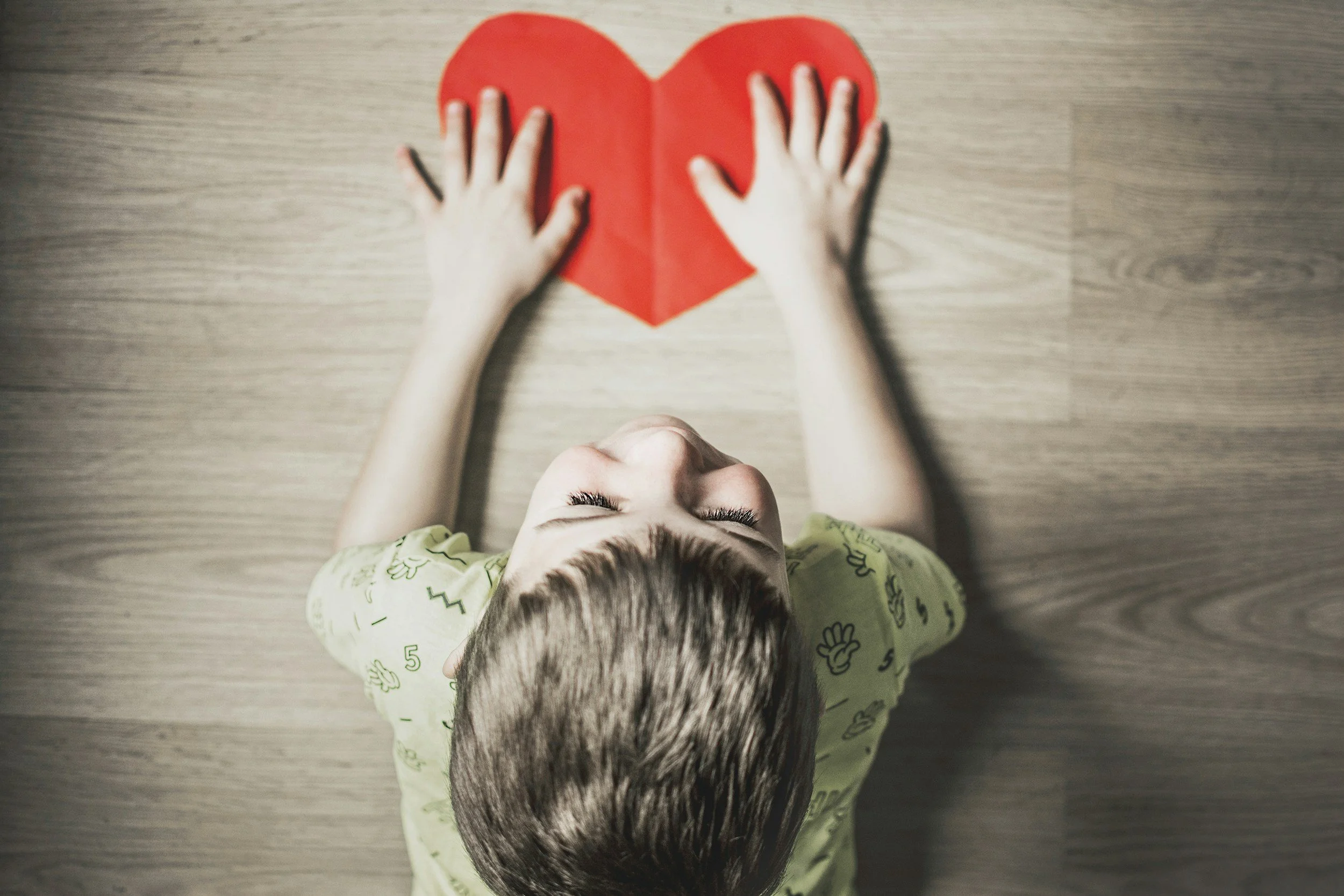
Eight Regulation-Centered Principles for Supporting Toddler Tantrums
Lets dive into the 8 Principles to reduce toddler tantrums from “What’s My Baby Thinking” by Tanith Carey and Dr. Angharad Rudkin. Here is my summary and interpretation.

20 Activities for 3-Year-Olds to Build Strong Hands and Writing Readiness
Why We Don’t Rush Writing at Three
It's natural for parents to wonder when their child should start writing letters. At three years old, though, most children are not developmentally ready to form letters on a page. Early scribbles, drawing big looping circles, and making “marks” on paper aren’t just play, they’re the building blocks of writing. These actions help develop the tiny muscles in their hands and nurture the motor coordination needed later for pencil grip and letter formation.
The National Association for the Education of Young Children (NAEYC) emphasizes that children begin writing long before they pick up a pencil, through emergent writing. At this early stage, even scribbles represent meaning and intention: children use drawings and symbols to express thoughts and ideas NAEYC+1. This represents conceptual knowledge understanding that writing has a purpose, that print conveys meaning, and that letters and symbols in their world (like STOP signs or McDonald’s logos) communicate messages.

10 Fun Scissor Activities for Kids: Blending Play and Skill-Building
Scissor skills are more than just a fun craft activity. They are an essential part of building fine motor strength, hand-eye coordination, and even confidence. When kids practice cutting, they aren’t just learning to use scissors, they’re strengthening the muscles in their hands, improving bilateral coordination (using both hands together), and preparing for bigger milestones like handwriting, dressing, and self-care skills.
Here’s a playful and parent-friendly list of activities you’ll love trying with your little one:

15 Reasons Why Kids Whine-And What You Can Do About It
If you’ve ever thought “That sound is driving me crazy!” while your child whines, you’re not alone. For many parents, whining is one of the hardest behaviors to tolerate. It can turn the simplest request- like asking for a snack - into a power struggle, and it often leaves parents feeling drained and frustrated.
But here’s the truth: whining isn’t your child trying to annoy you. It’s a form of communication. Kids often whine when they don’t yet have the skills to express themselves clearly, regulate their emotions, or meet their needs in a healthier way.
When we pause to ask why our children are whining, we can begin to understand the message behind the behavior and guide them toward better strategies. Below are 15 of the most common reasons kids whine, paired with practical tools you can use in the moment.

Top 5 Red Flags That Prompt Me to Refer a Child for an Autism Evaluation
As a professional working closely with children and their families, one of my key responsibilities is recognizing when a child’s development might warrant a closer look. While every child develops at their own pace, certain behaviors can signal that an autism spectrum evaluation may be helpful. Early identification can make a significant difference in providing the right support at the right time.
Here are five red flags that consistently prompt me to recommend an autism evaluation

Improving Sibling Dynamics
Here’s the truth: A sibling is a lifelong companion. They’ll likely be in a child’s life far longer than any parent will. Their relationship has the potential to shape a child’s development in powerful ways-sometimes even more deeply than our own relationship with them as parents.
Of course, sibling relationships come with their own set of challenges. Jealousy, rivalry, resentment, physical aggression, and frequent disagreements can take a toll on the entire family system. Left unaddressed, these conflicts can rob siblings of the full potential of their bond.
Potential for what, you might ask?

Specific Positive Feedback
Becky Bailey is by far one of my favorite educational authors and can teach us so much about children’s social emotional development. She often discusses the power of noticing the good in each other and giving specific feedback as a way of encouraging positive change. What we focus on will grow. If we tell them what they are good at and attach feeling to it, change will happen.

